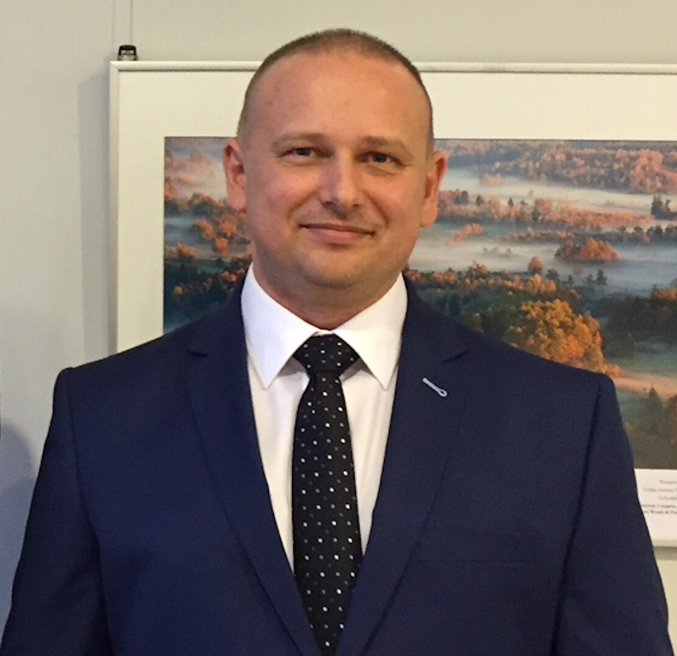
Profesor Mariusz R. Wieckowski
is a head of the
Laboratory of Mitochondrial Biology and
Metabolism at the Nencki Institute of
Experimental Biology of the Polish Academy of
Sciences in Warsaw. From 2022 he is
Councilor of European Society for Clinical
Investigation (ESCI).
In 1995, he graduated from the Faculty of
Biology of the University of Warsaw with a
Master of Science and next in 1999 completed
his PhD at the Nencki Institute of Experimental
Biology focusing on the role of mitochondrial
permeability transition pore in the uncoupling
of the oxidative phosphorylation. In 2002, he
joined the prof. R. Rizzuto’s Laboratory at the
University of Ferrara where, as a postdoctoral
fellow he began studies on the close
interactions between endoplasmic reticulum
and mitochondria. In 2007, he came back to
Poland where in 2016 he was awarded the
title of full Professor of Biological Sciences.
Prof. Wieckowski is an author / co-author of
over 170 publications in refereed journals (as
e.g., two papers in Science, two papers in
Nature Protocols, two papers in PNAS, Nature
Reviews Cardiology, Brain, Biological Reviews,
Science Advances, EMBO Reports, two in Cell
Reports, Redox Biology and etc.) which were
cited more than 12800 times (H-index = 59).
His achievements resulted in many prestigious
National and European grants and awards.
Scientific Focus:
Prof. Mariusz R. Wieckowski is leading expert in mitochondrial field, mitochondrial bioenergetics and
oxidative stress in the context of several pathological situations. His recent research is focused on
different aspects of intracellular oxidative stress (e.g., in the context of mitochondrial disorders) and
resolving the issue how does mitochondrial dysfunction affect mitochondrial and cellular function.
Moreover, he is investigating the relations between mitochondrial energetic and oxidative stress in
tumors as well as pharmacological toxicity to mitochondria. Recently, within the frame of three
Horizon 2020 projects he is working on the role of mitochondria and oxidative stress in nonalcoholic
fatty liver disease development and progression.